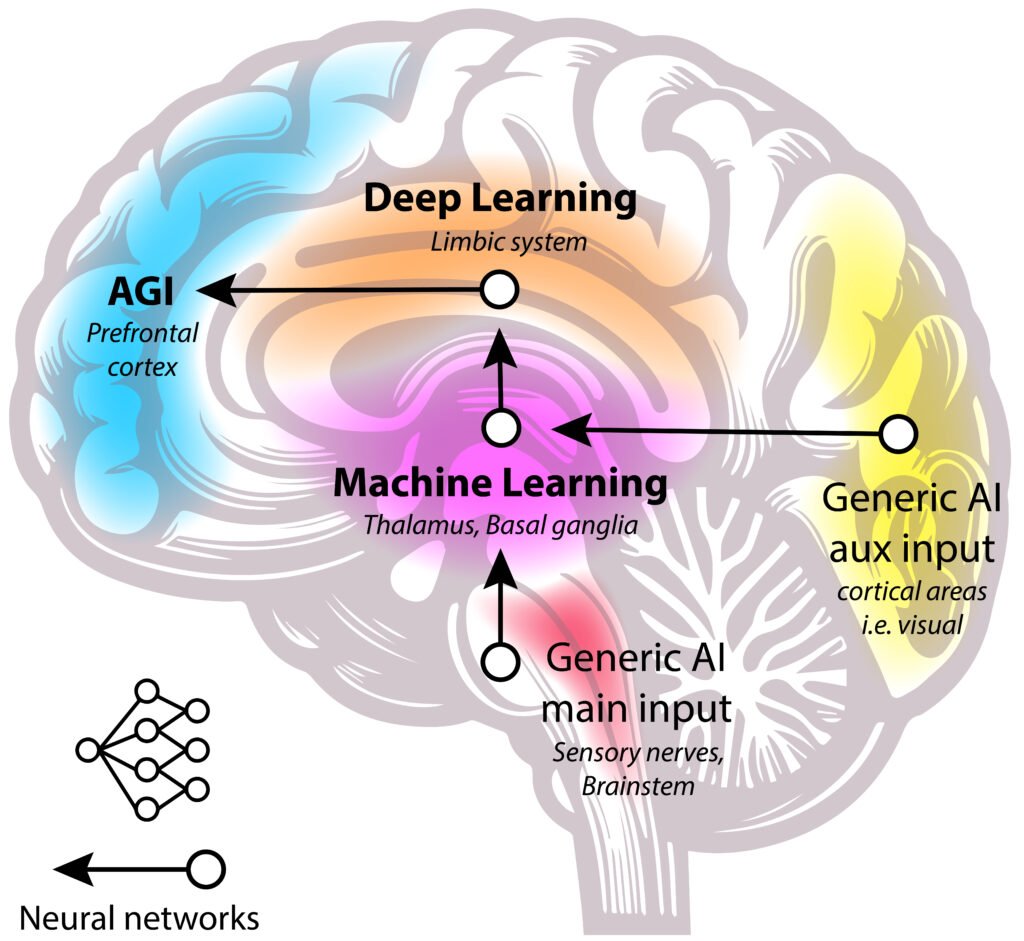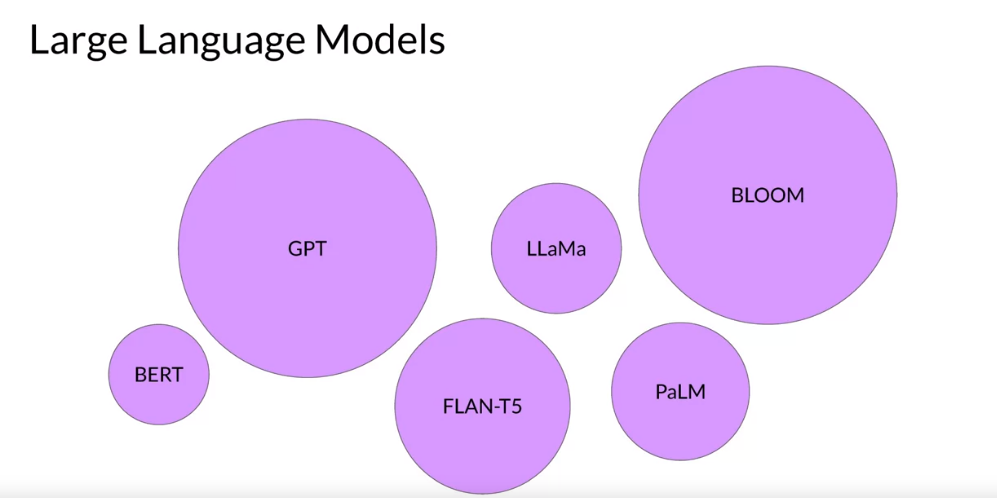BBC Legal Action Against Perplexity AI: The Legal Showdown AI Didn’t See Coming
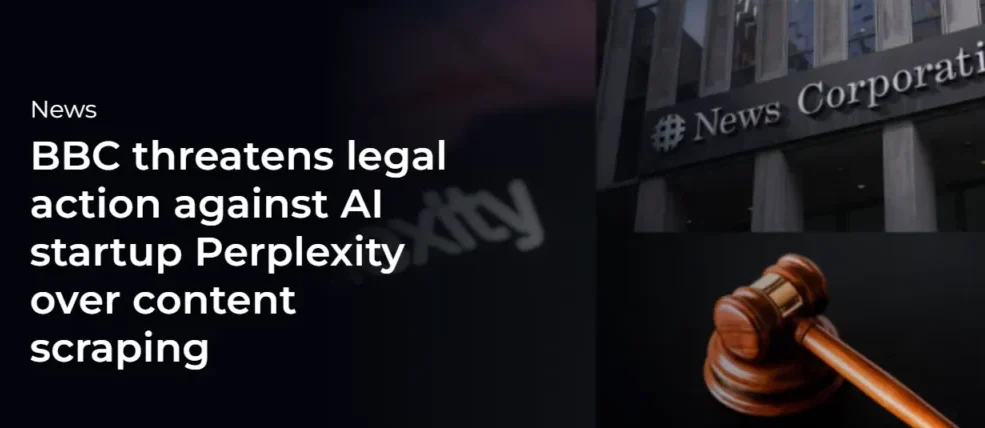
Quick Recap – Why Everyone’s Talking About This
- The BBC has threatened legal action against Perplexity AI, accusing it of scraping BBC content without permission.
- The broadcaster claims that Perplexity’s AI tool reused their copyrighted content verbatim.
- BBC is demanding the AI startup delete any retained material and offer financial compensation.
- This could become a landmark case defining how AI tools use (or misuse) editorial content.
Old Media vs New AI: The Real Story
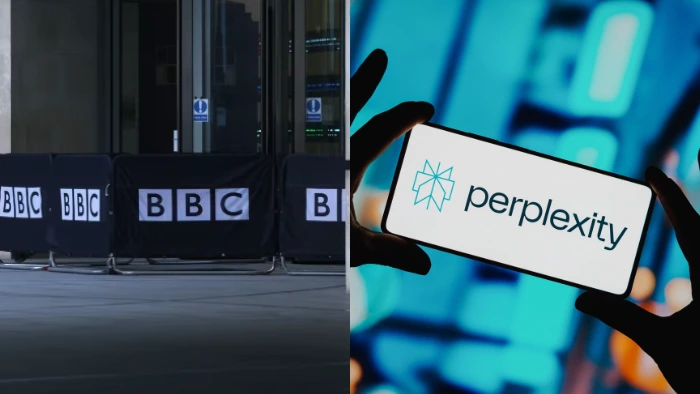
Imagine this:
A 100-year-old media institution—trusted, regulated, global—versus a Silicon Valley startup building next-gen AI search tools.
That’s the setup for the BBC legal action against Perplexity AI, a case that’s about more than just copyright. It’s about value. Integrity. And the future of content.
Here’s how it’s unfolding.
What Is Perplexity AI?
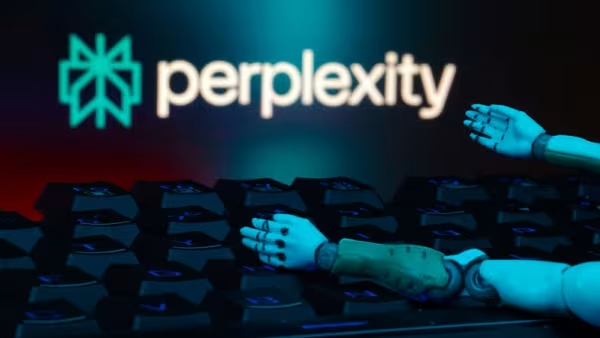
Perplexity is a fast-growing AI-powered search engine that delivers answers by combining web content with natural language generation.
It doesn’t train its own foundation models (like OpenAI or Google Gemini), but it pulls in content from the web to answer user queries—and that’s where things get murky.
BBC claims Perplexity scraped its content and presented it within answers—without permission, attribution, or licensing.
What Exactly Did the BBC Say?
The BBC reportedly sent a formal letter to Perplexity’s CEO, Aravind Srinivas, stating that:
“Perplexity’s model was trained using BBC content and reproduced parts of it verbatim.”
They’ve asked Perplexity to:
- Stop scraping BBC content
- Delete all stored BBC data
- Propose financial compensation
If Perplexity fails to comply, the BBC says it may pursue an injunction and legal proceedings.
This legal move escalates the BBC legal action against Perplexity AI into a potentially precedent-setting case.
Perplexity Responds: “Manipulative and Opportunistic”
In response to the accusations, Perplexity denied any wrongdoing.
Their official comment?
“The BBC has a fundamental misunderstanding of technology, the internet, and intellectual property law.”
They emphasized they don’t train AI models and only provide a search interface. But that hasn’t stopped media watchdogs from sounding alarms.
This Isn’t an Isolated Case
The BBC legal action against Perplexity AI mirrors other conflicts between media outlets and AI firms:
- The New York Times is suing OpenAI and Microsoft for unauthorized use of its journalism.
- Dow Jones (WSJ) sued Perplexity in October 2023, calling it a “brazen scheme” of copying.
- Financial Times, Axel Springer, and Reuters have all signed content licensing deals with AI firms like OpenAI and Meta.
It’s clear: AI companies are under increasing pressure to pay up or face the courts.
Why This Matters (A Lot)
At stake is the very foundation of how AI models are built. Today’s generative AI tools rely on vast datasets scraped from the web.
But if every publisher demands licensing fees?
It could change:
- The cost of building AI tools
- The availability of training data
- The entire AI business model
The BBC legal action against Perplexity AI is just one battle—but the war over AI content rights is heating up.
A Political and Legal Shift in the UK
In the UK, proposed copyright laws may let AI firms scrape content unless publishers opt out.
That’s a problem, according to BBC Director General Tim Davie:
“We need to protect our national intellectual property. That’s where the value is.”
UK Culture Secretary Lisa Nandy responded:
“People must be paid for their work. If it doesn’t work for the creative industries, it won’t work for us.”
So yes—the BBC legal action against Perplexity AI might influence how lawmakers draw the line between fair use and exploitation.
Bigger Questions This Raises
This isn’t just about legalities. It’s about principles:
- Should AI tools be allowed to use copyrighted journalism for free?
- Does presenting a summary or paraphrase violate copyright?
- Is permission-based AI training the future?
If the BBC wins—or even pushes a licensing deal—it may start a chain reaction across the global media landscape.
The Risk for Perplexity
Let’s be real: Perplexity is growing fast.
But with lawsuits from Dow Jones, threats from the BBC, and rising scrutiny, it faces serious risks:
- Reputational damage
- Content takedowns
- Forced licensing costs
- Legal fees and potential injunctions
It’s unclear whether the startup will settle, fight, or pivot. But in any case, the BBC legal action against Perplexity AI just put it under the spotlight.
Bottom Line: This Could Reshape AI and Media Forever
This isn’t just a dispute over a few scraped articles.
The BBC legal action against Perplexity AI is a warning to all AI firms:
You can’t build tools on the back of other people’s content and expect zero pushback.
Expect:
- More lawsuits
- New licensing norms
- Stricter regulation
And possibly? A more ethical AI ecosystem—one where creators are compensated and AI tools remain transparent.
Would AI Still Be “Smart” If It Learned Without Permission?
That’s the billion-dollar question.
And the answer may be decided in court.






